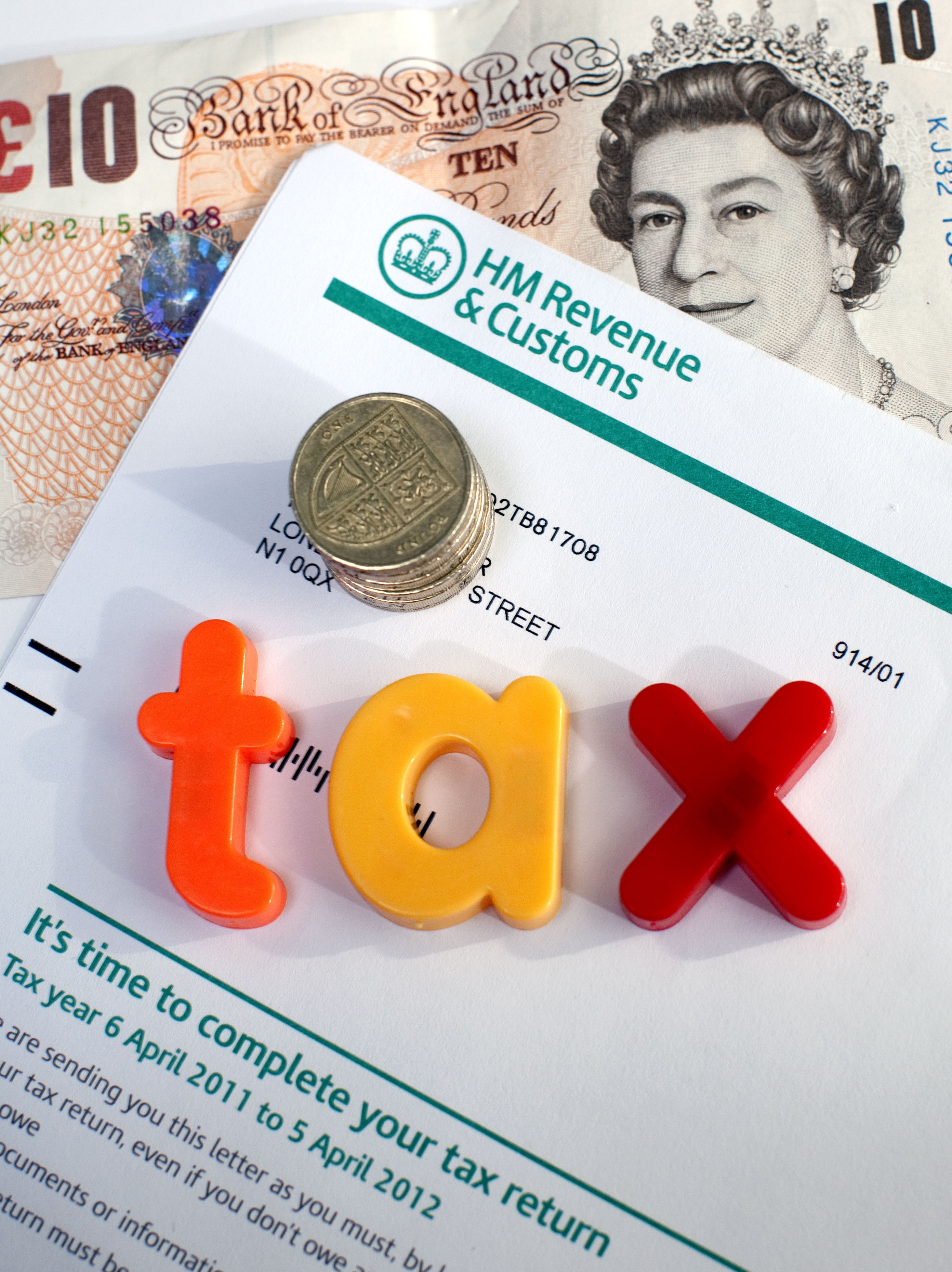The word ‘tax’ is likely to alarm most students, but fear not, here are a few things you need to know if you work while studying.
The first is that everyone in the UK is liable to pay tax on income after earning more than their personal allowance (PA) for the financial year.
The current tax year is from April 6 2014 to April 5 2015 and you have to pay tax if you earn more than £10,000 during this period.
From April 6 2015, the PA will increase to £10,600 and it will stay the same until April 2016.
But what are the most common myths about tax students believe in?
John Forgan, KU Lecturer and Director of Business Strategy at Ward Williams Chartered Accountants, said that many students think that tax is excessive and that they don’t really have to pay it if they are working part-time.
He explained: “Everyone earning above the annual allowance does have to pay tax and they will find you.
“For most students it’s not excessive, the first £10,000 £192 a week – personal allowance – is not taxed then anything over this amount is taxed at 20%. National Insurance is payable on earnings over £153 per week at 12%.”
Mark Taylor, Content Editor at the charity Brightside, said: “The most common mistake is probably overpaying – especially as most students don’t have money to spare!
“Because many students earn more in the holidays, especially over summer, they can end up paying tax they don’t need to.”
Mr Taylor explained that since the Pay As You Earn (PAYE) system can automatically deduct tax from your pay as though you earned £250 every week of the year, students who only work for part of the year should work out how much tax they are due to pay to avoid overpaying.
Jake Butler, Operations Director at savethestudent.org, said that one of the most common myths is that your tax will be wiped after you don’t claim it for a year, while in reality you can claim tax from up to 6 years ago.
What can happen if you do not pay tax?
Mr Forgan said that the tax authorities often find out if you do not pay tax, sometimes a couple of years later, by which time you might have to pay penalties and interest bigger than the unpaid tax.
He added: “A new HMRC initiative is that unpaid tax will feature in credit scoring used by credit reference agencies which could make getting a credit card, bank loan and mortgage difficult.”
But why are most students clueless about tax?
Mr Forgan said: “From what I can see universities generally offer very little advice to students on tax matters. Some like Kingston offer sessions on tax as part of their enterprise awareness courses which are directed at those students who are interested in setting up businesses.
“However I think that there is an issue with regard to foreign students coming to Kingston to study and they might benefit from more information and help.”
Mr Forgan added that universities are not equipped to give anything more than generic tax information, also given that the fast pace of this specialised area can pose a risk to give inappropriate or wrong advice.
What can students do to improve their tax knowledge?
Mr Butler said: “My best advice would be for students to research about tax thoroughly as there’s so much information out there on sites like Save the Student.
“Take your time as it could be worth a lot of money.”
Visit https://www.gov.uk/income-tax-rates for more information.

